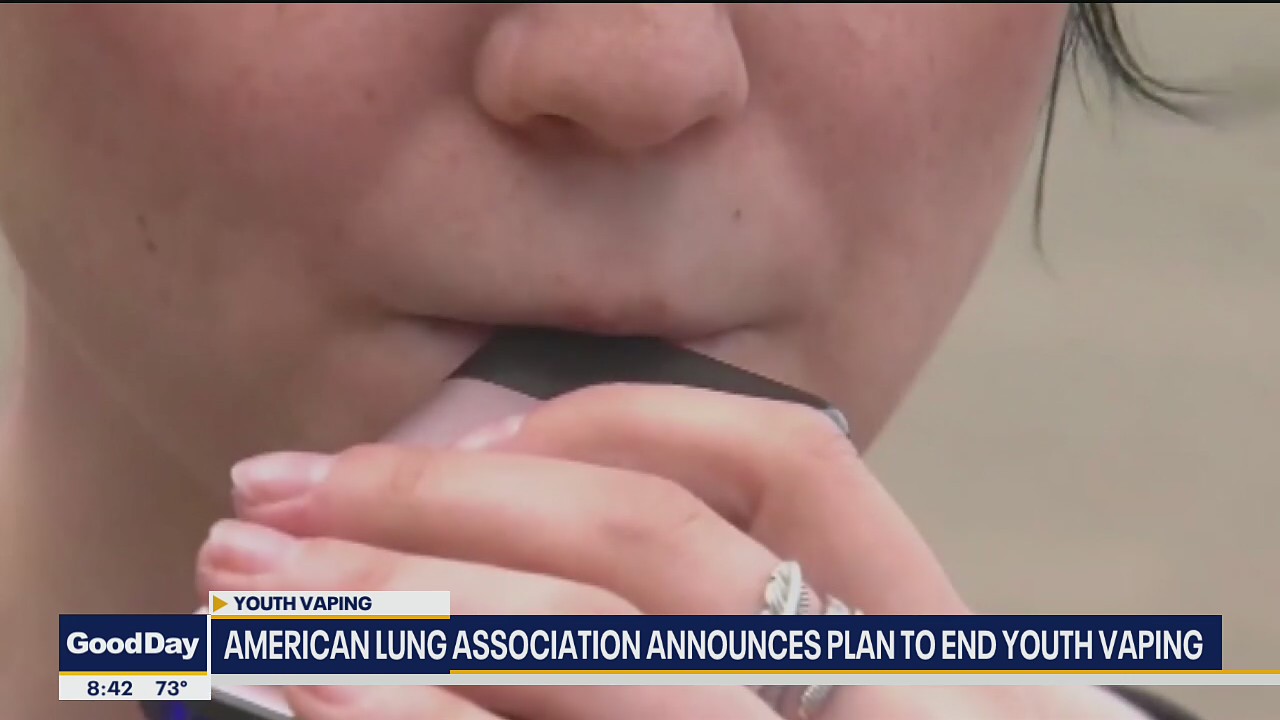Dallas City Council considers adding vaping to smoke-free ordinance
DALLAS - The city of Dallas is considering updating its smoke-free ordinance to include vaping.
Experts explained to council members on Monday the dangers of e-cigarettes, including that of breathing the aerosol secondhand.
While the effects of being exposed to secondhand e-cigarette aerosols are still being studied, experts told Dallas City Council members that scientists are seeing links to cancer as well as asthma-like symptoms.
Renee Roberson, District 8 environmental commissioner, told councilmembers as a school nurse, she's seen the impact of e-cigarettes on kids firsthand.
"It rewires the kids into something negative," she said. "Kids who are bright, then their focus becomes the vaping."
Featured
Elf Bar, other e-cigarette makers blocked from importing 1.4 million illegal disposable vapes
U.S. officials recently seized more than 1.4 million illegal e-cigarettes from overseas manufacturers, including the company behind Elf Bar.
Roberson called on council members to treat electronic nicotine delivery systems the same as cigarettes.
"We have to protect the most vulnerable," she said.
Council members were shown data that shows the rise in e-cigarettes wiped out 20 years of progress made combating traditional cigarettes.
"People were not getting the same feeling high from e-cigarettes. So they started using nicotine salt, and they are more addictive and have a much faster onset," explained Dr. Folashade Afolabi with UT Southwestern. "They can be highly addictive, which is one of the challenges of e-cigs."
Even though e-cigarettes don't produce smoke like tobacco cigarettes, they do produce particulates in an aerosol that bystanders inhale.
The American Heart Association, Dallas Fort Worth Hospital Council and Dallas County Medical Society are among the organizations calling on Dallas to ban vaping indoors and at parks like it already does smoking.
Dr. Afolabi explained that studies are finding that the particulates can impact people's health.
"People without asthma can have asthma-like symptoms when exposed to vaping," she said.
But data from studies is limited.

American Lung Association announced plan to end youth vaping
With more kids now returning to the classroom, more may experience the social pressure to vape. The American Lung Association just announced a new plan to try to stop youth vaping. Director of Advocacy Charlie Gagen explains. More: TalkAboutVaping.org
"People will not do a lot of studies to exposing people to volatile compounds because they already know they are volatile," Afolabi said.
What is more broadly known is the health effect of particle pollution, especially microscopic particles.
Carlos Evans, director of the Office of Environmental Quality, says some of the smallest particulates called PM2.5 are known to be harmful.
"PM2.5 has widespread proven effects, birth defects. There’s emerging literature every week on a new type of cancer," he said.
The full city council vote on whether or not to treat vaping the same as smoking will go before the full council in a month or two.


